The Global Ecology, Economic Growth and Pollution: What Humans Are Really Doing to Our Planet…
19 Jaw-Dropping Images
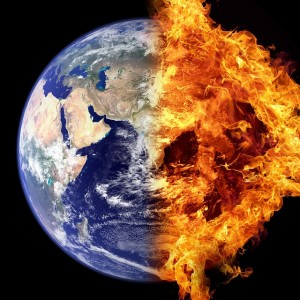
Last week, Pope Francis and church officials encouraged everyone to consume less and think more about our impact on the environment.
It’s a timely warning because the next six months will be critical to our future.
Ahead of a series of major events later this year, The Foundation for Deep Ecology and the Population Media Center released a collection that illustrates the devastating effects of out-of-control growth and waste, and it’s breathtaking.
“This is an issue that people care about, and oftentimes it’s just not discussed by mainstream media,” Missie Thurston, director of marketing and communications at the Population Media Center, told Mic.
It’s difficult to always know the impacts of our daily choices, like the real effect of buying a bottled water or an extra TV or laptop. With 220,000 more people on the planet every day, and the average person generating over 4 pounds of waste a day — an almost 60% increase since 1960 — the impact of that growth and change in behavior is rarely seen like this.
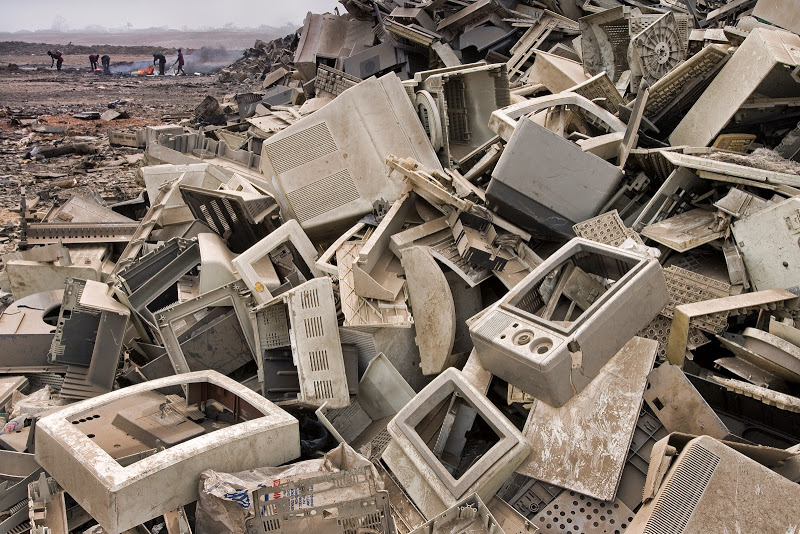
Source: Peter Essick/Foundation for Deep Ecology
Electronic waste, from around the world, is shipped to Accra, Ghana, where locals break apart the electronics for minerals or burn them.

Source: Pablo Lopez Luz/Foundation for Deep Ecology
Mexico City, Mexico, one of the most populous cities in the Western Hemisphere.

Source: Digital Globe/Foundation for Deep Ecology
New Delhi, India, where many landfills are reaching a breaking point. The surrounding population of Delhi totals some 25 million people.
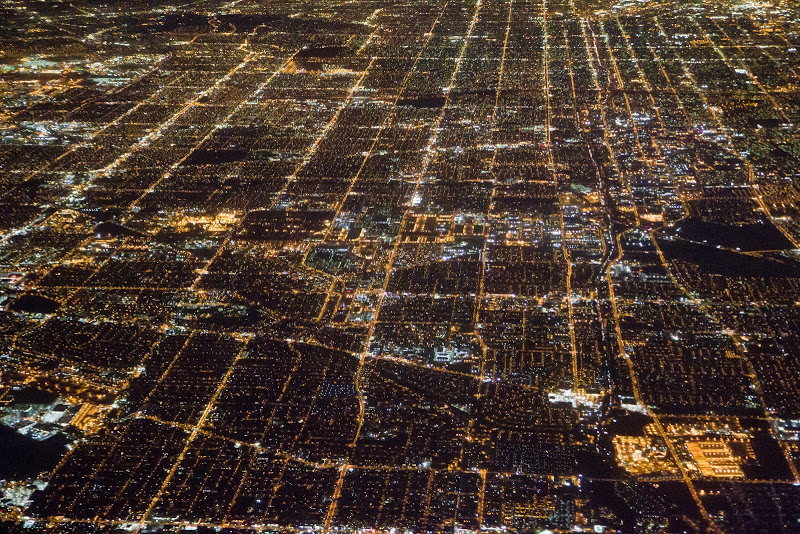
Source: Mike Hedge/Foundation for Deep Ecology
Los Angeles, California, which is famous for sometimes having more cars than people.

Source: Mark Gamba/Corbis/Foundation for Deep Ecology
Kern River Oil Field, California, USA.

Source: Daniel Dancer/Foundation for Deep Ecology
Former old-growth forest leveled for reservoir development, Willamette National Forest, Oregon, per the Population Media Center.
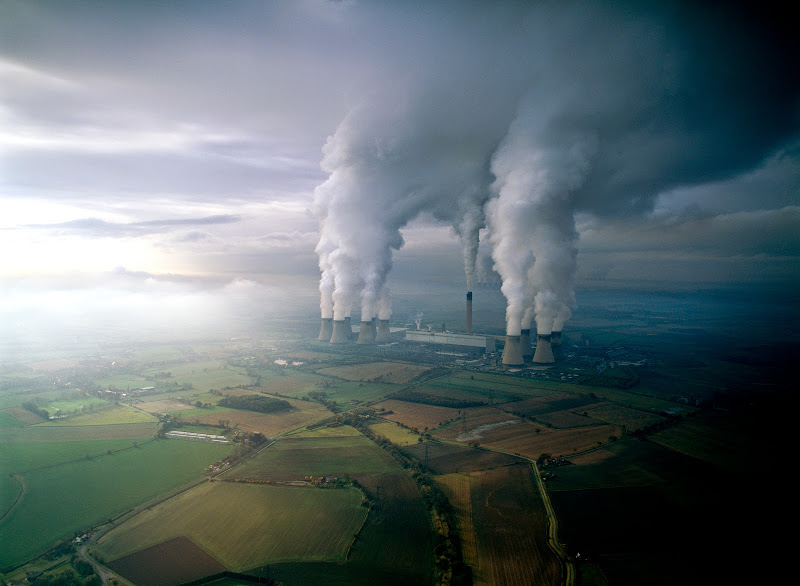
Source: Jason Hawkes/Foundation for Deep Ecology
Coal power plant, United Kingdom.

Source: Cotton Coulson/Keenpress/Foundation for Deep Ecology
North East Land, Svalbard, Norway, where rising global temperatures are fundamentally changing the ecology.

Source: Digital Globe/Foundation for Deep Ecology
The world’s largest diamond mine, Russia.

Source: Daniel Beltra/Foundation for Deep Ecology
Amazon jungle burns to make room for grazing cattle, Brazil.

Source: Garth Lentz/Foundation for Deep Ecology
Tar sands and open pit mining in an area so vast, it can be seen from space. Alberta, Canada.
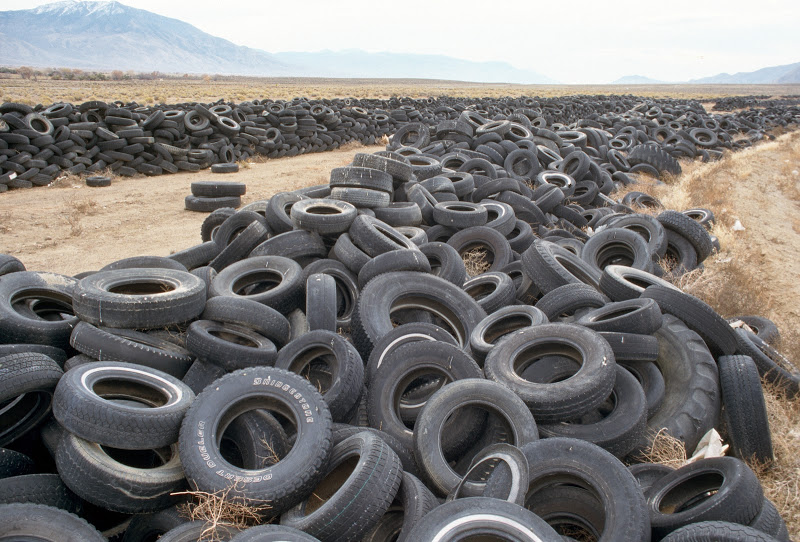
Source: Daniel Dancer/Foundation for Deep Ecology
Tires discarded in Nevada.

Source: Garth Lentz/Foundation for Deep Ecology
Vancouver Island, Canada.

Source: Yann Arthus Bertrand/Foundation for Deep Ecology
Industrial agriculture in Almeria, Spain, stretches for miles.

Source: Garth Lentz/Foundation for Deep Ecology
Tar sands, Alberta, Canada.

Source: Lu Guang/Foundation for Deep Ecology
A man turns away from the smell of the Yellow River in China.
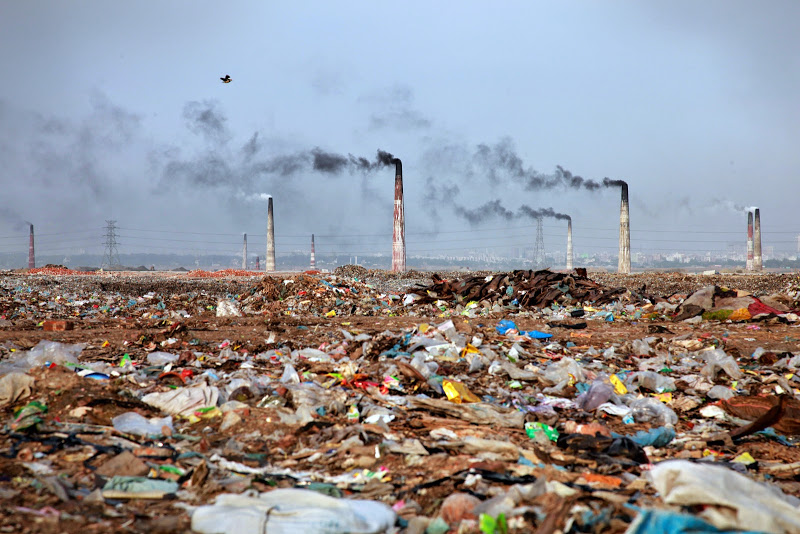
Source: M.R. Hasasn/Foundation for Deep Ecology
Bangladesh, where much of the world’s clothing and goods are manufactured.

Source: Darin Oswald/Idaho Statesman/Foundation for Deep Ecology
Black Friday, Boise, Idaho.
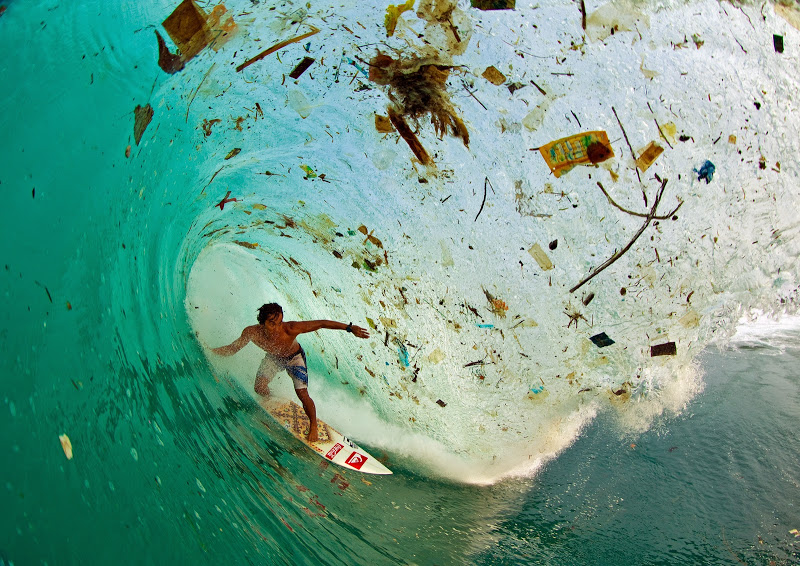
Source: Zak Noyle/Foundation for Deep Ecology
A remote bay in Java, Indonesia, where local residents, without infrastructure for waste disposal, discard waste directly into streams and rivers.
The rest of the year is going to be critical. In September, world leaders will try and agree on sustainable development goals that will take us through 2030. In December, in Paris, the United Nations will attempt to finally set binding limits on pollution. 2015 will dictate how we address our degrading planet over the next few decades.
The Population Media Center and partners hope these photos will help generate awareness and action. Because as the word spreads, so does the will to make sure we never have to see images like these again.

